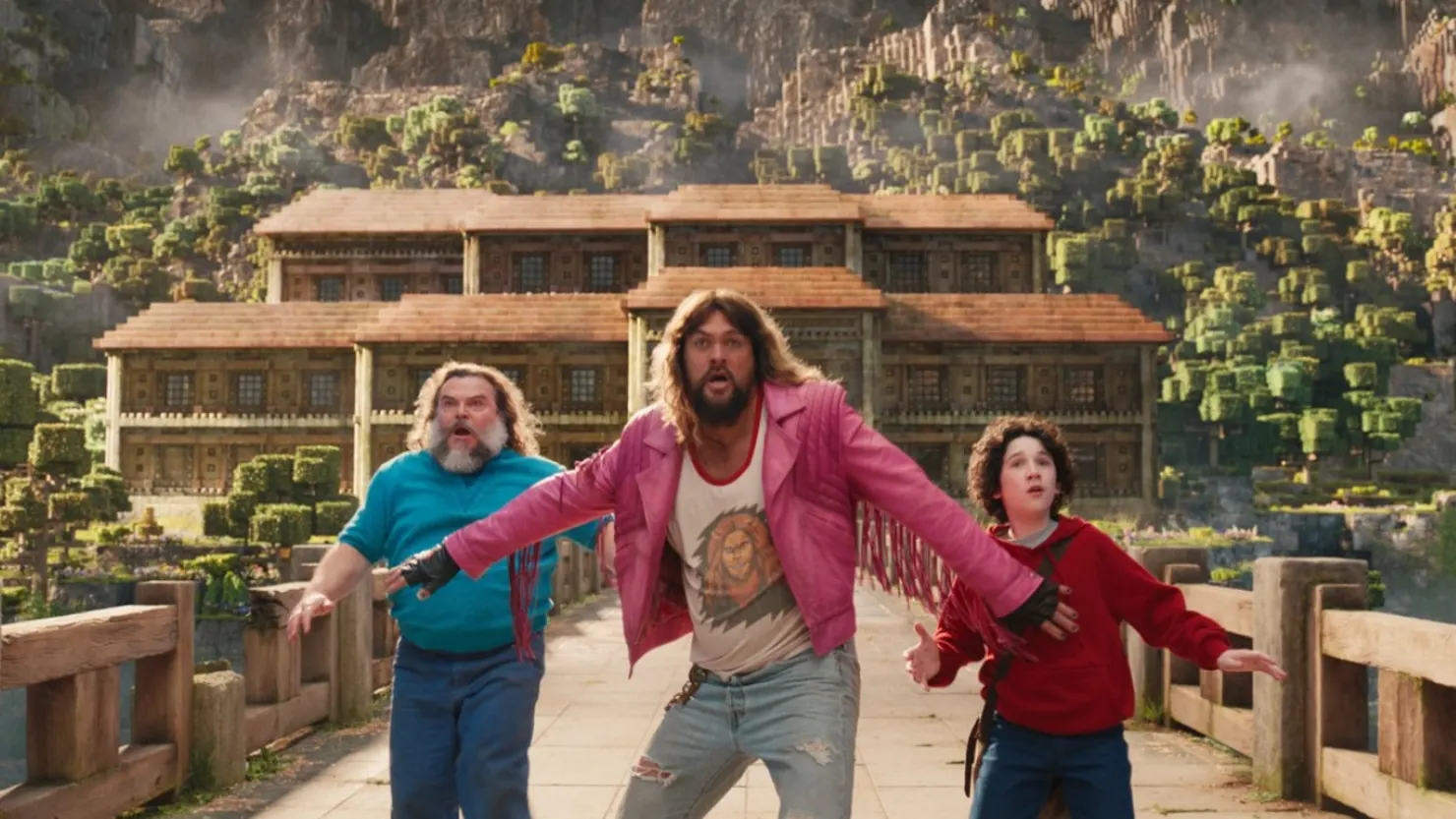Hollywood is embracing video game adaptations like never before. For decades, studios struggled to translate gaming’s cultural power into box office success, often delivering lackluster projects that disappointed fans and critics alike. But in recent years, that narrative has changed, thanks to a string of commercial hits across both film and television.
The success of Universal’s “The Super Mario Bros. Movie” and Warner Bros.’ “A Minecraft Movie,” alongside streaming triumphs such as Amazon Prime Video’s “Fallout” and HBO’s “The Last of Us,” has encouraged studios to double down on gaming franchises. This week, Paramount revealed plans for a live-action “Call of Duty” movie and announced a distribution deal for a new “Street Fighter” adaptation. Other projects in development include films based on “Elden Ring,” “Helldivers,” “Horizon Zero Dawn” and “The Legend of Zelda,” while television adaptations of “Tomb Raider,” “God of War,” “Mass Effect” and “Assassin’s Creed” are also underway.
The momentum began to shift in 2019 when Warner Bros.’ “Pokémon Detective Pikachu” grossed $144 million domestically and earned a 68% fresh rating on Rotten Tomatoes. Soon after, Paramount’s “Sonic the Hedgehog” sparked a billion-dollar franchise with multiple sequels and spin-offs. These successes paved the way for “The Super Mario Bros. Movie,” which shattered records in 2023, earning over $1.3 billion worldwide. More recently, “A Minecraft Movie” grossed $957 million globally, proving the staying power of video game IP at the box office.
Analysts attribute the turnaround to advancements in technology that allow filmmakers to balance authentic worldbuilding with compelling character-driven stories. Earlier adaptations often focused too heavily on replicating game environments, but today’s creatives, many of whom grew up playing these games, are more invested in giving characters emotional depth and relatable arcs. This shift has resonated with both gamers and general audiences.
The appeal is enormous. The Entertainment Software Association estimates more than 205 million Americans play video games, with the largest share among Gen Z, Millennials and Gen Alpha. For studios, this represents a built-in audience deeply familiar with these franchises. Analysts note that engaging these generations through influencers and online communities could further boost box office potential.
Industry experts see video game films not as a revolutionary new category but as a replacement for faltering genres, particularly superhero films, which have shown inconsistent results in recent years. With countless beloved franchises waiting to be adapted, studios now view video game properties as a vital resource for sustaining the future of moviegoing.
READ MORE:
